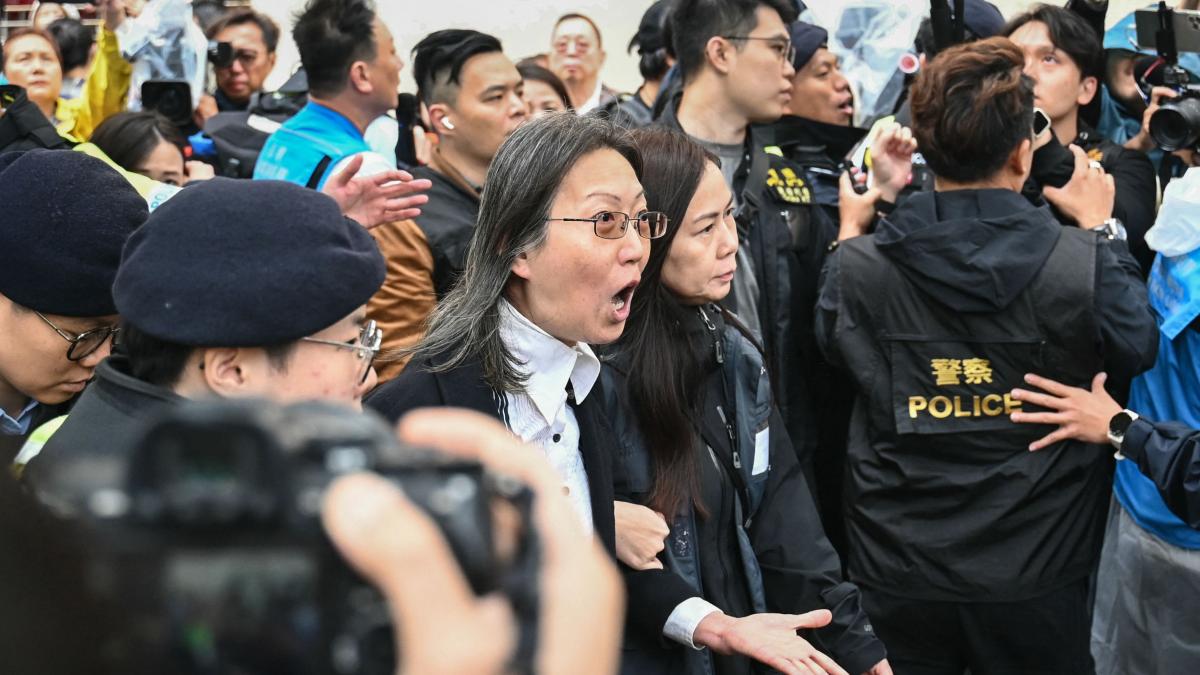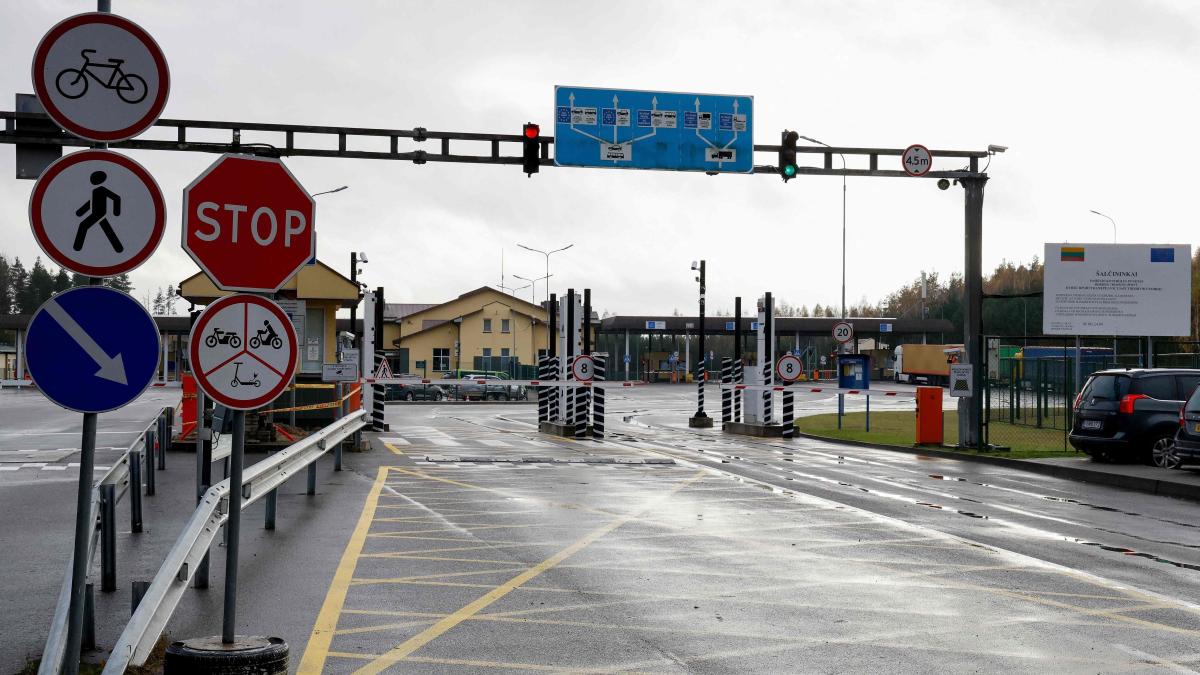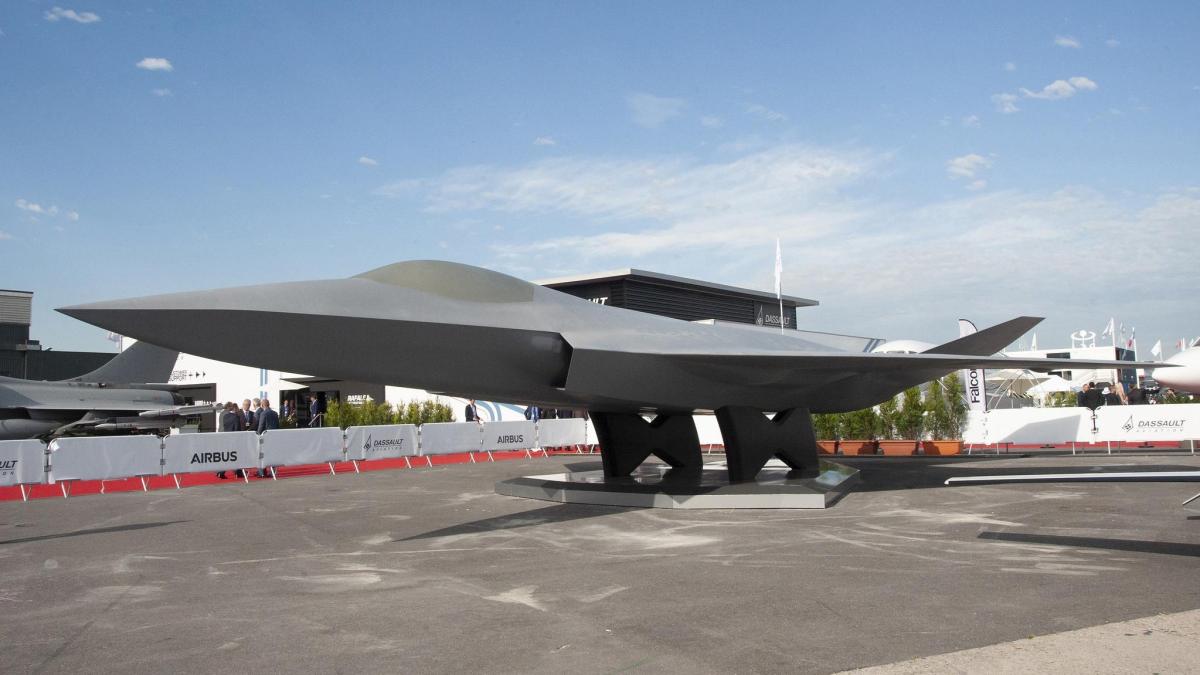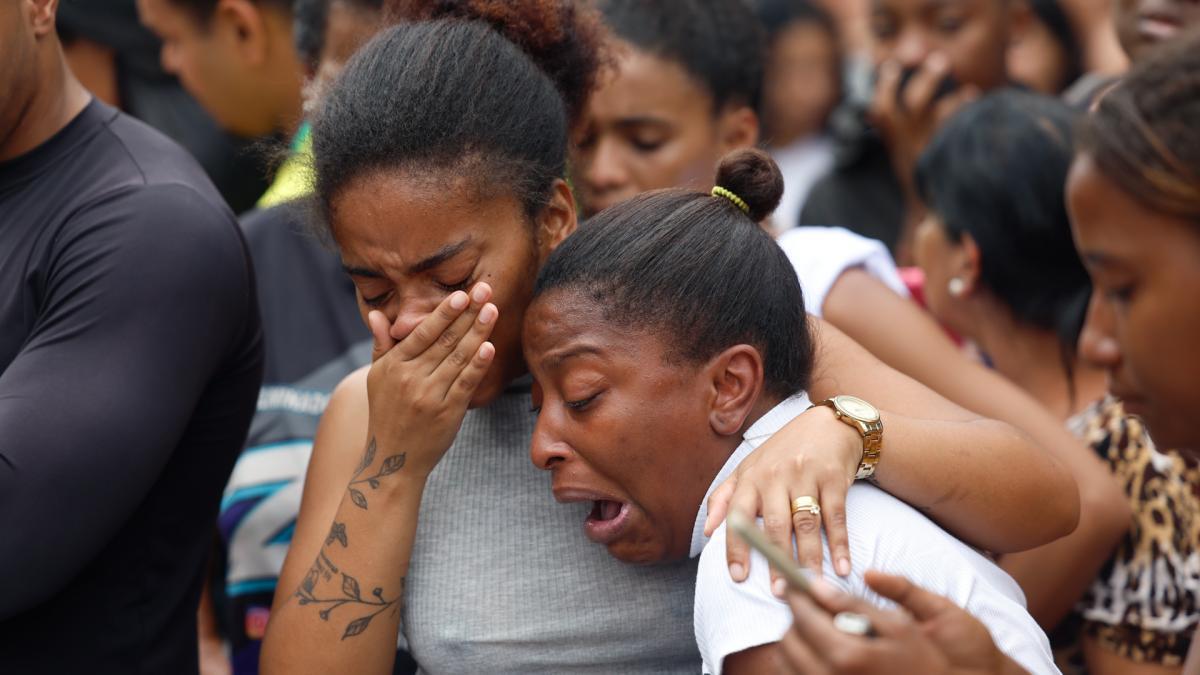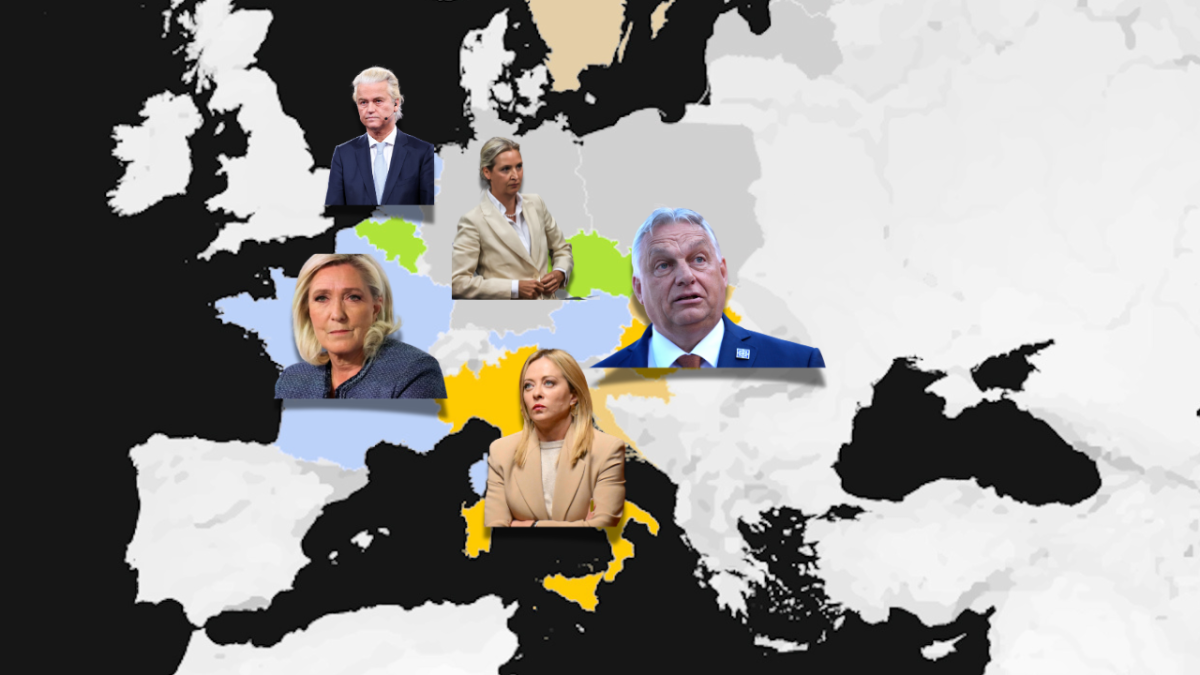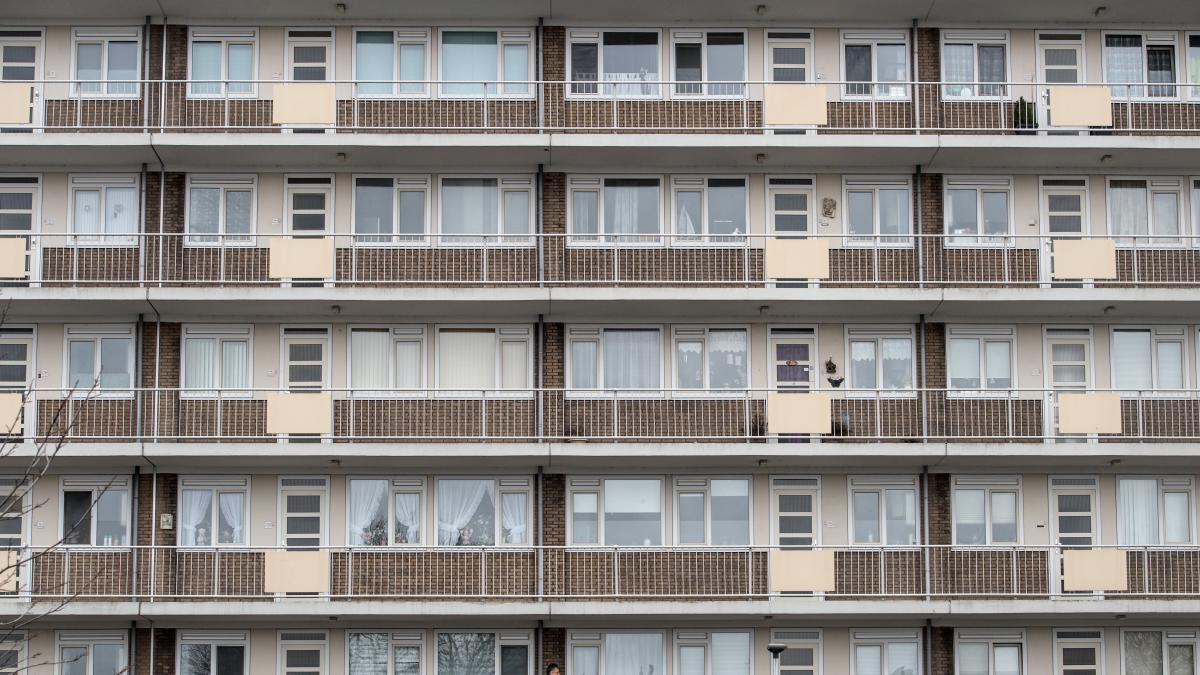Today, Hong Kong has witnessed a seismic legal shift, as a court sentenced 47 pro-democracy activists for their roles in conducting parallel elections in 2020, an act deemed illegal under the draconian national security law imposed by Beijing. Leading the charge was Benny Tai, a respected law professor and democracy advocate, receiving the heaviest penalty of ten years in prison—a stark reminder of the totalitarian grip tightening over the territory.
Across the board, the remaining activists were handed sentences ranging between four years to seven years and nine months for engaging in what the government termed a “conspiracy to subvert the power of the State.” The implications of this ruling extend far beyond the courtroom, impacting the very fabric of Hong Kong’s democratic aspirations and civil liberties.
For many, these sentences signify a severance from the fleeting dreams of democracy that were once buoyed by protests and civic engagement during the 2019 unrest. The echoes of those turbulent times reverberate in the current landscape where dissent is met with grim consequences.
Benny Tai, considered the ringleader of this electoral initiative, argued that the primaries were a legitimate attempt to legitimize the pro-democracy movement and challenge the Beijing-backed legitimacy of the Hong Kong government. The 250 ballot boxes intended for the primary elections, which garnered a significant turnout of up to 500,000 votes, have now become symbols of a defiance that can now only be whispered in hushed tones.
In the aftermath of the rulings, the atmosphere in Hong Kong feels starkly different from the fervor that engulfed its streets just a few years ago. COVID-19 played an insidious role in reshaping public engagement, pulling the curtain on aspirations for democratic dialogue and rising dissent. Today, many Hongkongers are seeking respite from their political realities by flocking to the neighboring cities of Shenzhen, which offer modern conveniences as a form of escapism from political oppression.
This rift is not merely localized; it threads through the international fabric, pulling in Taiwan’s response, with representative Karen Kuo calling the sentences a ‘serious violation’ of democratic freedoms. Human rights observers, including Maya Wang from Human Rights Watch, lament the erosion of judicial independence and civil liberties in the face of such authoritarian crackdowns.
The psychological toll reflected in today’s sentencing reveals fractures within the democracy movement itself. Some activists, like Au Nok-hin and Andrew Chiu, chose to cooperate with prosecution efforts for reduced sentences—a decision that highlights the immense pressure activists are now under. By acquiescing, they illuminate the bleak choices forced upon those still clinging to hope for Hong Kong’s political landscape.
The sentiment of despair is palpable as the defiant spirit of the 2019 protests gives way to somber resignation. The streets that once reverberated with calls for freedom now feel subdued, characterized by a stillness that underscores a prolonged standoff with a power determined to quash dissent.
This critical juncture is reminiscent of the broader geopolitical tensions affecting not just Hong Kong, but also Taiwan, where observers draw parallels in the face of growing Chinese assertiveness. With pro-democracy movements in both regions under siege, the stakes are heightened as the struggle for self-determination and civil liberties becomes a focal point of contention between Beijing and the West.
The detonating powder is complex—past uprisings stoked feelings of unity among Hongkongers, yet today, their outlook is marred by dissent within their ranks and a fraying international support base. Critically, many observers have noted that the actions taken against these activists are reflective of larger global struggles against authoritarian governance, drawing uncomfortable comparisons between varying political contexts.
These legal outcomes come against a backdrop of ongoing deliberations between Western powers and Chinese leaders, signaling a further tightening of Beijing’s grip on its territories. As the world watches, what remains to unfold is uncertain—but the cost of activism in Hong Kong is now undeniably steep.
For Hong Kongers, the shadows of the past loom large as their dreams of democracy grow dimmer. As they confront the brutal realities of authoritarian rule, the courageous actions of these activists serve as a reminder to the world of the costs of freedom—from courage in the face of overwhelming odds, to the harsh sentences now doled out in secretive courts with little semblance of a fair trial.
Today’s sentencing stands as a symbol of not only the fall of dreams in Hong Kong but also the geopolitical chess match being played out on the global stage—one where the stakes will only continue to rise as history unfolds.

